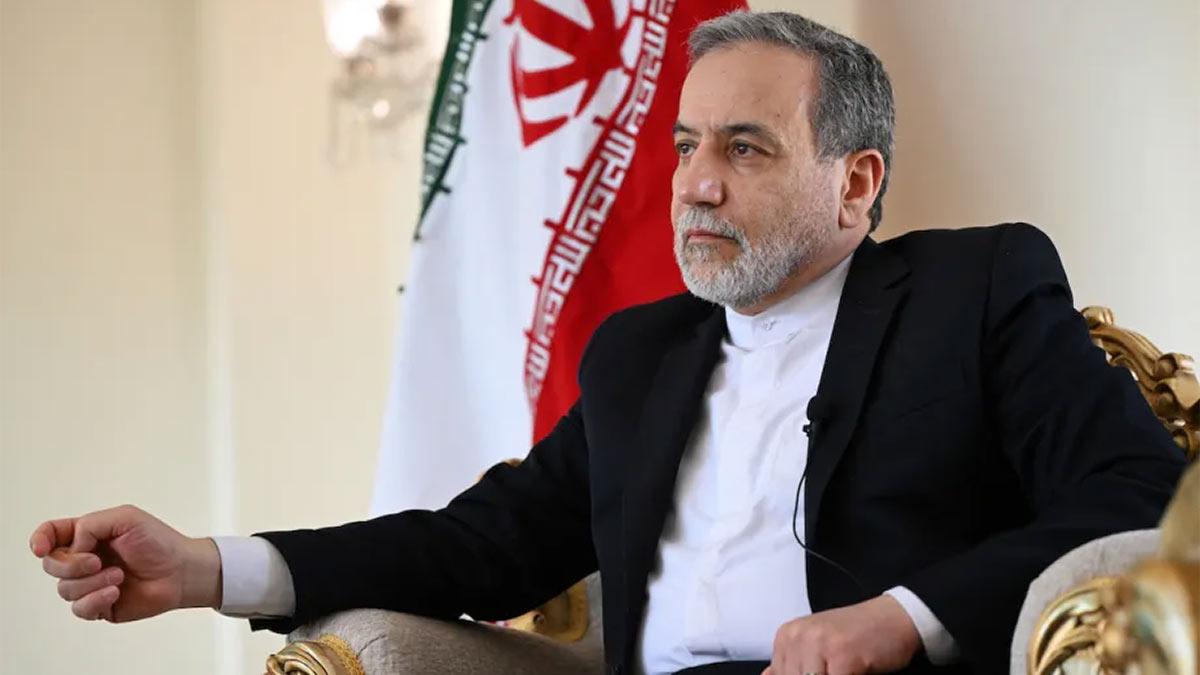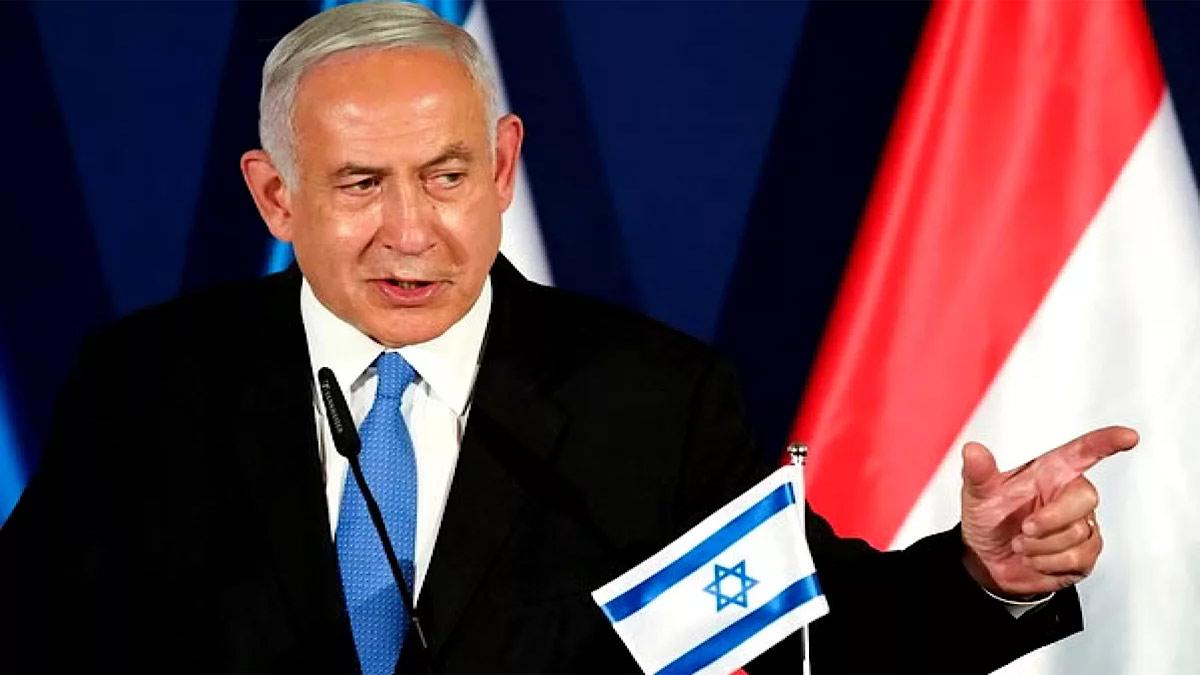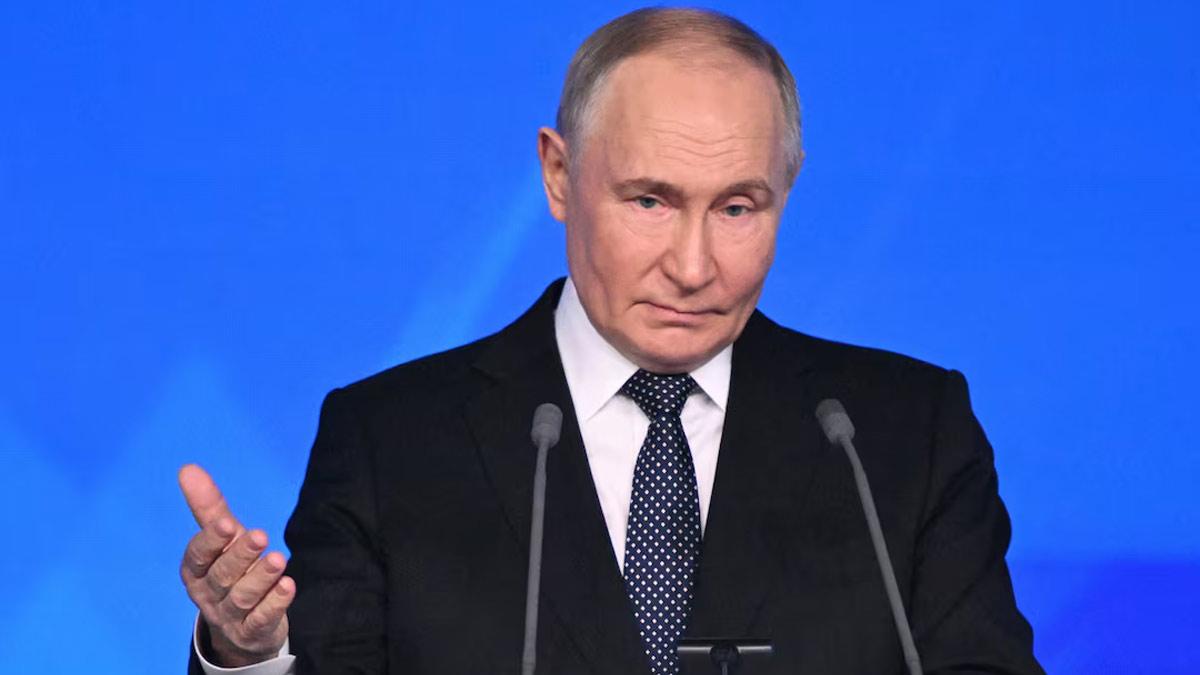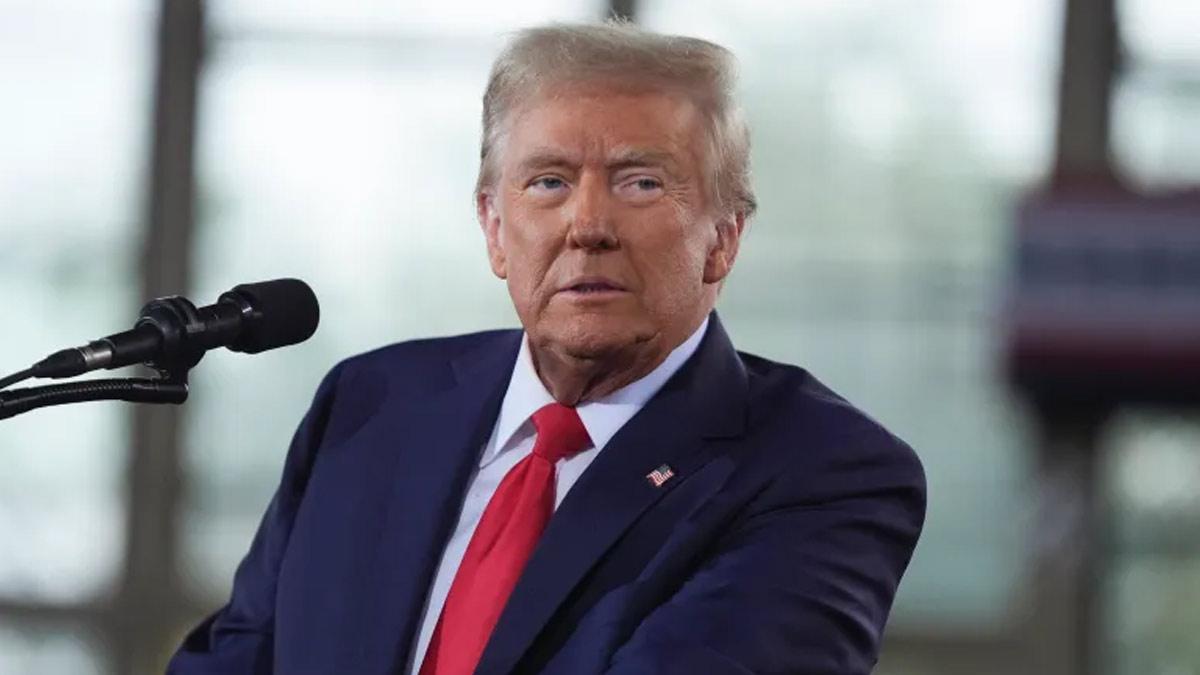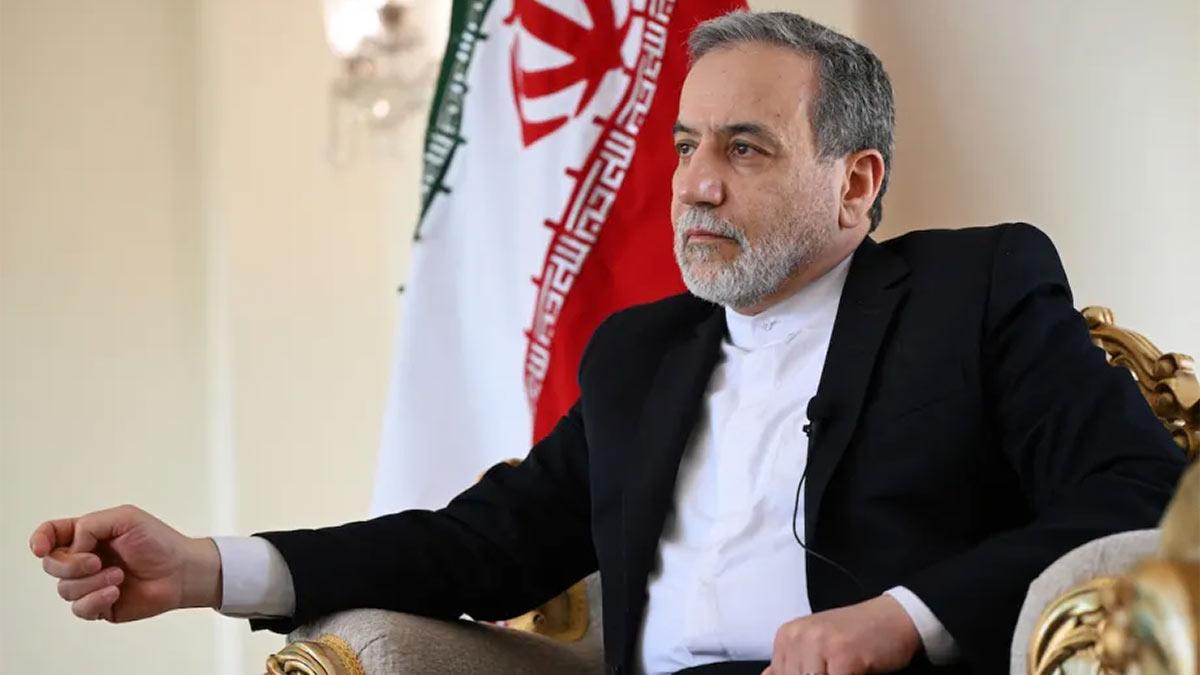Following US aerial bombings of Iranian nuclear sites, Iranian Foreign Minister Abbas Araqchi on Sunday said he would fly to Moscow for emergency consultations, possibly even meeting Russian President Vladimir Putin.
Addressing a press conference in Istanbul, Araqchi announced that his Russian visit on Monday would see him having "serious consultations" with the leadership of Russia in reaction to the recent series of military attacks conducted by both the United States and Israel against Iran.
"Having a meeting with Russia's President is one of the agendas," he confirmed, as cited by Mehr News Agency.
Ahead of Araqchi’s scheduled trip, Iran’s Ambassador to Russia, Kazem Jalali, emphasized the strong diplomatic ties between the two nations. Posting on X (formerly Twitter), Jalali reaffirmed that Tehran and Moscow have consistently engaged in high-level dialogue on key regional and global issues.
“As Iran is grappling with an unjust war with the most vicious governments in all-time history of humanity,”
Jalali wrote, hoping that the forthcoming diplomatic interactions would stabilize the current tensions.
He also said that the visit of Iran's top diplomat to Moscow was intended to provide high-stakes talks with President Putin, seeking to restore calm and discuss diplomatic ways forward.
At the same time, Russia bitterly criticized US airstrikes as a perilous violation of international standards. The Kremlin termed the US-led attacks as "blatant violation of international law" in a statement issued by the Russian Foreign Ministry, especially concerning the United States as a permanent member of the UN Security Council.
"They have seriously impaired both the credibility of the [Nuclear Non-Proliferation Treaty] NPT and the integrity of the International Atomic Energy Agency's (IAEA) monitoring and verification mechanism that supports it," the statement added.
Moscow called on the IAEA to reply in a "prompt, professional, and transparent" way and requested that the Director General of the Agency present an impartial and objective report during the forthcoming special session.
The Russian Foreign Ministry also appealed to the UN Security Council to take a firm position and to "unanimously reject the aggressive and destabilising actions of the United States and Israel."
"We call for an urgent end to aggression and for intensifying efforts to bring the situation back onto a peaceful, diplomatic track," the ministry appealed.
The rising tensions have brought to the fore broader fear among global stakeholders regarding the possibility of an escalated conflict in the Middle East. With diplomatic openings between Russia and Iran, the international community will closely watch for hints of a trend towards de-escalation or more instability.

